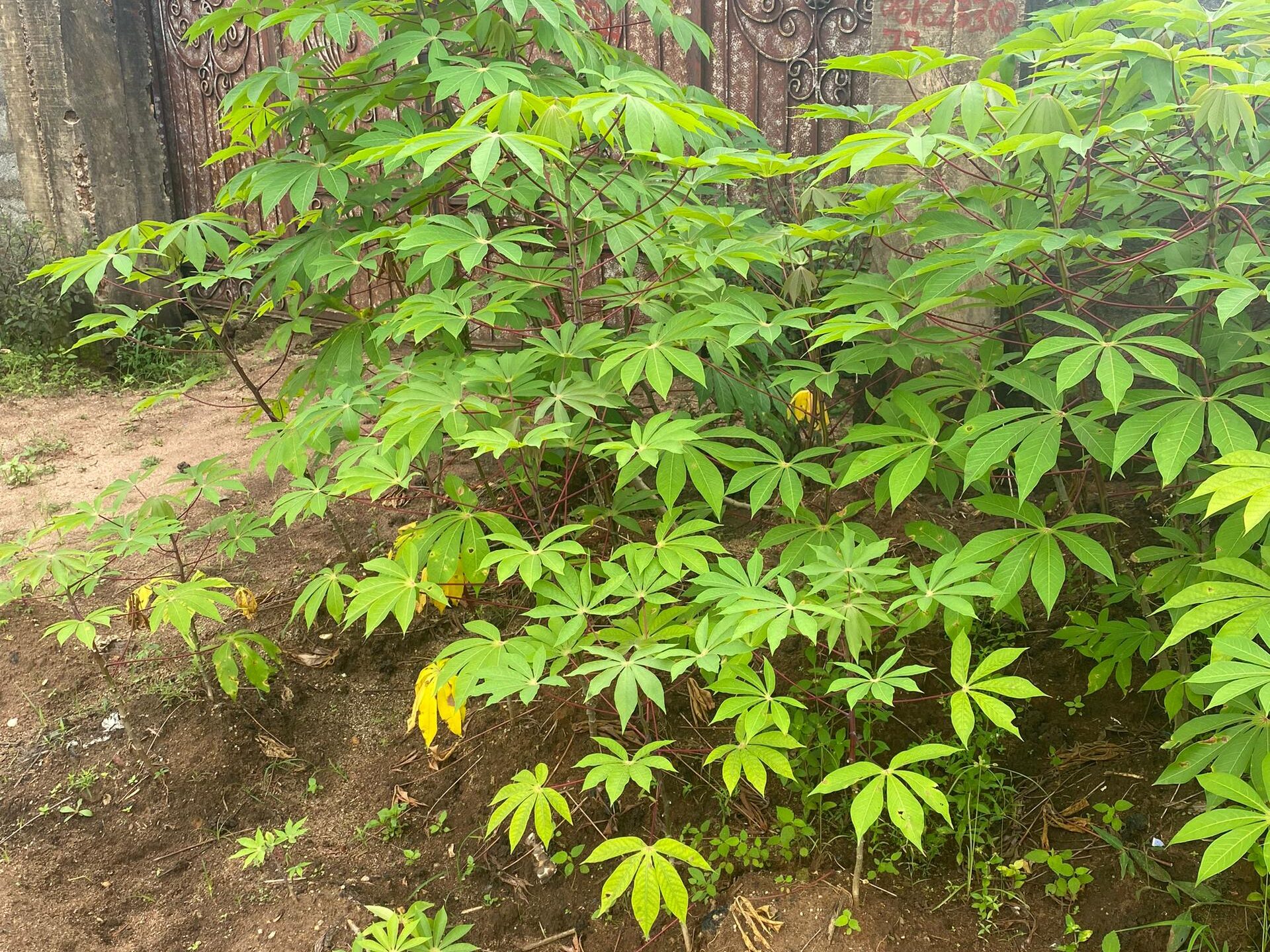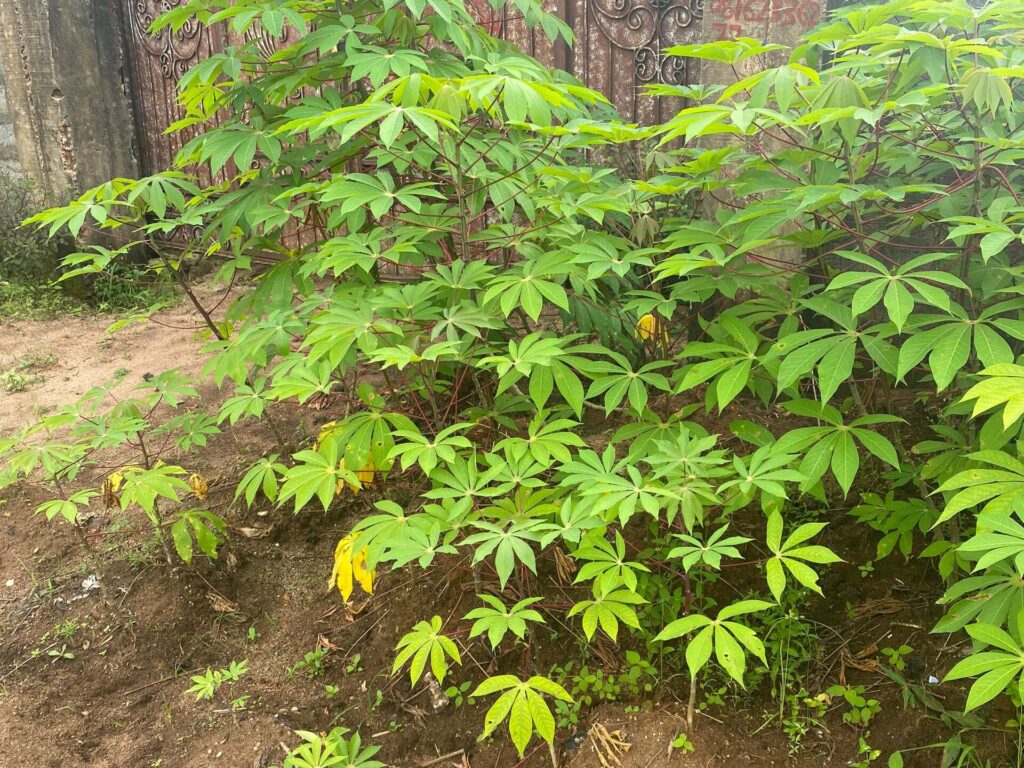
Land tenure is defined as the system of land ownership or acquisition by individual, family, community or government agency either for temporary or permanent use. The land tenure system in west Africa varies with tribes, communities and states. It can be classified into the following groups: communal land tenure, land tenure by inheritance, leasehold system, land tenure by tenancy, land tenure by purchase or freehold, land tenure by free gift or pledge, tenant at the will of government
Communal land tenure
Communal land tenure is a system in which all the land is regarded as the property of the community all held in trust for all members by the accepted head of the community. In this type, the land belongs to the entire community. The community may be family, clan or village. Every member of the community has the right to use the land for agriculture but cannot sell any portion of it. The head of the community who may be a chief, an Oba, Obi, Emir or a Baale decides how the land is to be divided among members for farming purpose usually at the beginning of each planting season. The system relies on the availability of a large area of land that can be shared to each member of the community.
Advantages of land tenure
- Each member has easy access to the land
- Cooperative farming is possible since the land is extensive
- Large scale farming or plantation agriculture is possible due to its large size, if only community members cooperate
Disadvantages of communal land tenure
- Non members of the community cannot have access to the land for farming
- There is usually lack of cooperation among community members, if the land is to be used for large scale farming.
- Land cannot be pledged, sold or used as collateral by an individual
- Those with means, but who are not members of the community find it difficult to get land for farming activities. That is, non-indigenes of the community cannot acquire land or have access to it
- There is a tendency to neglect parcels of useful land as no one readily considers them his/ her interest to protect them from degradation.
- It is characterised by litigations and misunderstanding
- Mechanised farming cannot be practiced without permission of the whole community
- There is excessive land fragmentation over time
- allotted land can be revoked by new leadership
- he does not encourage planting of permanent crops
Land tenure by inheritance
This is the type of land tenure in which land is inherited from one’s parent or from one generation to another. In Nigeria parcels of land for agricultural activities are mainly acquired through inheritance. The land so inherited from a single parent is shared among all his children and This eventually leads to fragmentation of the land. It gives the owner complete freedom of the land. The owner may sell the land, leave it to fallow, farm on the land, or rent it out. The land can be used as collateral for agricultural loans.
Advantages of land tenure by inheritance
- The land can be used as collateral to obtain loans from commercial banks
- they land can be improved by way of fertiliser application in order to maintain its fertility
- perennial crops like cocoa, orange, or your palm can be planted since the land belongs to the rightful owner
Disadvantages of land tenure by inheritance
- It leads to excessive land fragmentation which makes the land very difficult and uneconomical to work
- sharing of land is a dedicate issue which can generate better enmity among family members
- it is very difficult to access how far the individual has the right to use and control a piece of inherited land freely
- cultivators are tied to their plots, partly because they are unwilling to part with what they have
- some feel it is immortal to sell land since it rubs future generation of the opportunity to inherit lands
- such agricultural land is subject to traditional restrictions in many parts of Nigeria unlike the concept of land cell widely accepted in urban areas
- land is not readily available for everybody
- large-scale commercial agriculture cannot be practised because the land is highly fragmented
Leasehold land tenure system
This is the type of land tenure system Which requires the payment of certain amount of money for the use of the land over a stated period of time under a agreed specified conditions. In other words leasehold tenure system is a special contract existing between a person called the Leasor and another called the leasee for the lease of a piece of land for a specified period of years which may be 10 years or 20 years. The leasee will exercise his right on the use and maintenance of the land for the period of lease.
Advantages of leasehold land tenure system
- It ensures the use of available land
- it enables the farmer to maximise the use of the land in terms of maintenance of the soil fertility in order to improve the productivity of crops
Disadvantages of leasehold land tenure system
- The land cannot be used as security to obtain loans from commercial banks
- The farmer cannot develop the land beyond the lease agreement terms
- perennial crops like oil palm, cocoa and rubber cannot be grown
Land tenure system by rent
This is a land tenure system where by the farmer rent the land for use over a short period of time during which is certain amount of money is paid as rent for its use. At the end of the period the agreement may be reviewed if the landlord so desires.
Advantages of land tenure system by rent
- It makes use of available land for agricultural purposes
- The land is efficiently used and maintained for maximum production within the short period
Disadvantages of land tenure system by rent
- The land cannot be used for securing loan
- it affects long term planning
- there is limitation in the development of such land
Land tenure system by purchase or freehold
freehood is defined as the outright purchase of land(permanent ownership by the farmer). In this type of land tenure a farmer buys a piece of land for agricultural purposes. He pays a certain amount of money to the landlord and the land becomes his personal property. It gives the owner complete freedom on the land. He may sell the land, leave it fallow, farm on the land or rent it out. The owner can use the land as collateral for agricultural loans.
Advantages of land tenure system by purchase or freehold
- The farmer can use the land to secure loans from banks
- perennial crops can be grown
- proper planning in the development of such land can be done
Disadvantages of land tenure system by purchase of freehold
- The land may be too expensive to purchase
- The actual owner may be difficult to establish
- The farmer may not have sufficient money to buy the exact size of the land he needs


